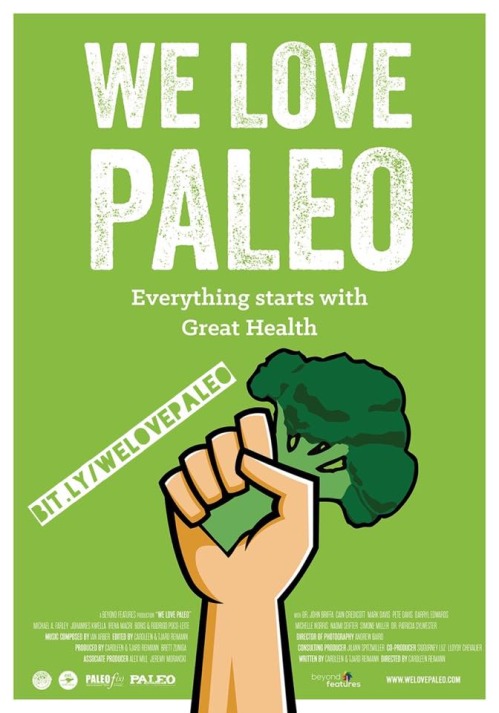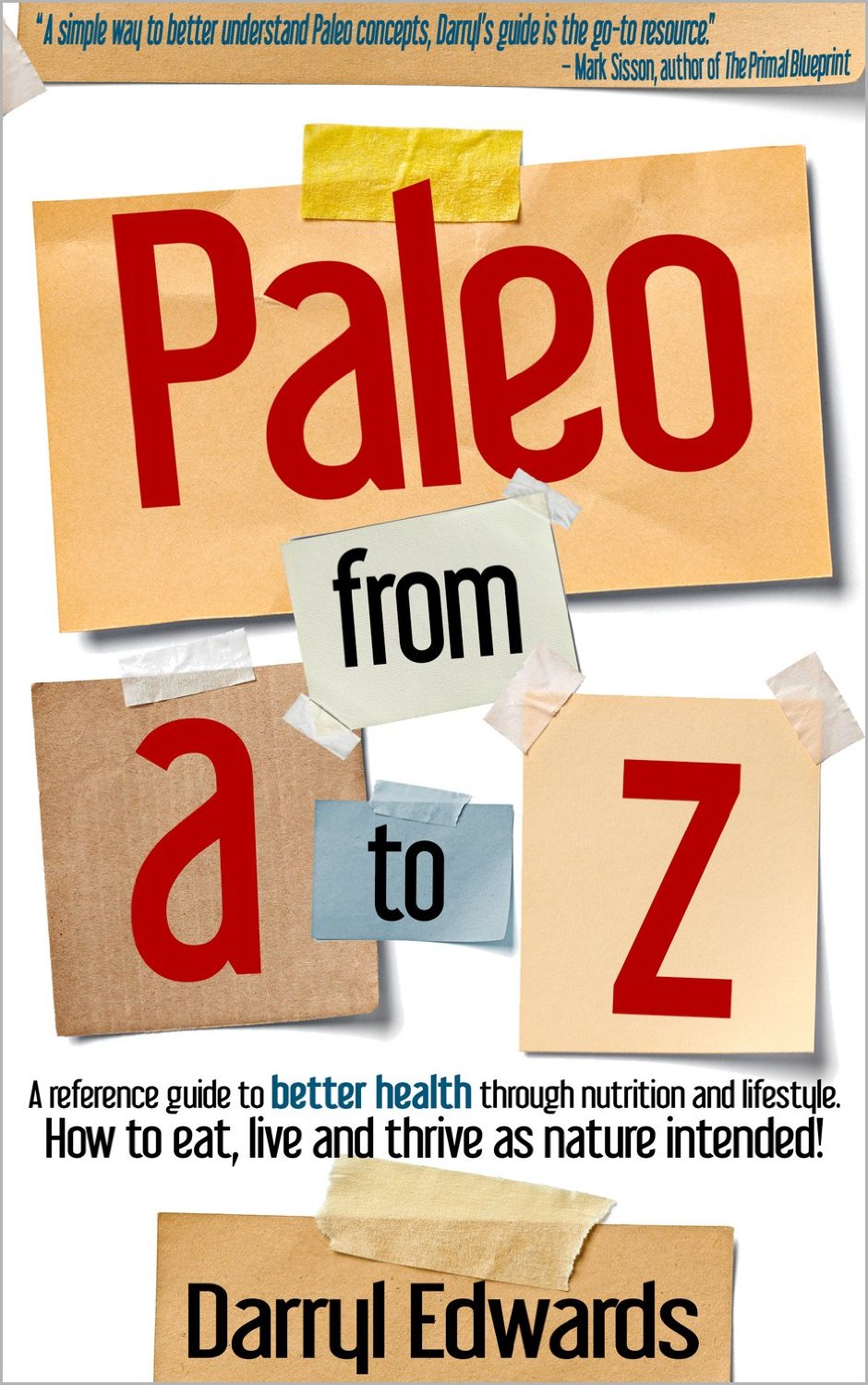Nutrition: The Role of Insulin
 Wednesday, December 14, 2011 at 20:13 | by
Wednesday, December 14, 2011 at 20:13 | by  Darryl Edwards
Darryl Edwards Nutrition: The Role of Insulin
The 2nd in a series of blog posts based on a recent question of the week:
- Calories-In vs Calories-Out;
- The Role of Insulin;
Ever wondered why even though we consume foods that are fat-free one can still store fat?
Well given we are bombarded with messages that "eating fat means we get fat" or "a low-fat diet leads to weight loss" - how could a zero fat food (for example a bag of sweets such as Skittles) increase levels of body fat?
Well the answer is pretty straightforward: an excess of carbohydrates (glucose) provided by your diet will be stored as fat.
So how does this happen? Well let's get back to (not thinking about) eating those bag of Skittles. Once digested the carbohydrates are released very quickly into the blood stream via the gastrointestinal (GI) tract otherwise known as the digestive system. Your body has to remove this blood glucose, as high concentrations of blood glucose are dangerous. This detection of blood glucose triggers secretion of the hormone insulin which is released by the pancreas.
Insulin signals to the body that muscle and liver cells should accept and absorb this blood glucose. This blood glucose is then converted by the liver into glycogen. Glycogen is a stored form of energy that can easily be converted to glucose and used by the body as required.
Glycogen levels will continue to increase - however there is a upper limit to how much we can store. Once the glycogen reservoir is full the body has an alternative mechanism for managing excess blood glucose. The excess blood glucose which can not be converted into glycogen is decomposed into smaller molecules by the liver which are then reassembled into fat. This is then dispersed into the bloodstream and inserted into adipose (fatty) tissue cells around the body.
Due to high levels of regular refined and processed carbohydrate consumption in the modern diet - wheat, orange juice, processed snacks, sodas, etc - many people live with full glycogen levels for 24 hours a day. Any exercise performed are also usually countered by consumption of istotonic or sugar based drinks or justification to 'treat yourself with desert' which maintains this highly glycogenic state.
In the presence of full glycogen levels and an excess of insulin in the body (hyperinsulinemia) any carbohydrate consumption (even a small bag of Skittles) will lead immediately to fat storage and a difficulty in the body of utilising it's fat stores for energy.
This is one reason a paleolithic type diet is renowned for it's success in reducing body fat, as it is more likely to maintain healthier blood sugar levels - with less reliance on carbohydrates as the main source of food.





















Reader Comments